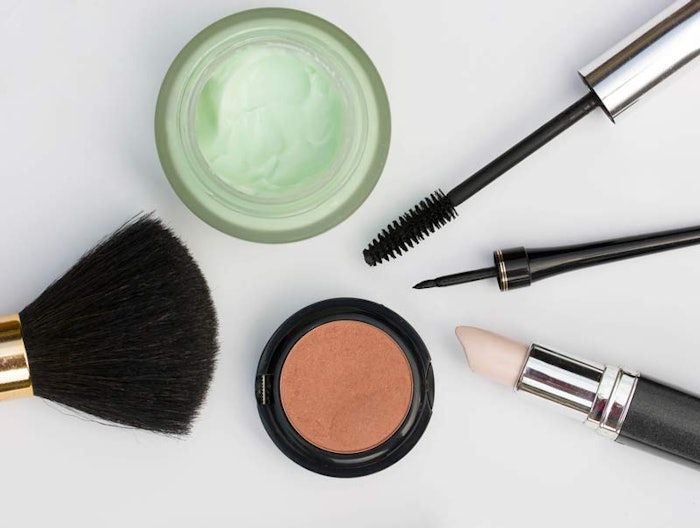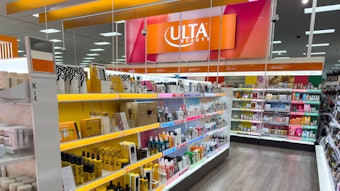
U.S. Congressman Pete Sessions (R-TX) has proposed legislation to modernize and establish new procedures for the Food and Drug Administration’s (FDA) ability to assure the safety of cosmetic products, which is being supported by The Independent Cosmetic Manufacturers and Distributors (ICMAD).
The Safe Cosmetics Modernization Act (H.R. 4075) modernizes and improves the U.S. Food and Drug administration's ability to assure the safety of cosmetic products by examining ingredient safety, establishing manufacturing processes and tracking and quickly addressing adverse health impacts from potentially unsafe products and requiring that all manufacturers be registered with the U.S. Food and Drug Administration (FDA).
In support of the bill, ICMAD stated H.R. 4075 will further allow the FDA to align its powers with the country’s trading partners in the international market and will also meet consumer demand for distributing the best information on the safety of cosmetic products.
“This legislation increases consumer protections on cosmetics while allowing continued growth of small and entrepreneurial cosmetics enterprises in the US,” said Pam Busiek, president and CEO of ICMAD. “The bill will empower these small businesses, who have been the source of product innovation and creativity in our industry, to compete on the national and international stage through national uniformity of regulation.”
In particular, H.R. 4075 features an amendment on ingredient safety. Unless and until prohibited or limited by the Secretary by regulation, the following ingredients are deemed to be adequately substantiated for safe use in cosmetics subject to the requirements of good manufacturing practice:
- “(1) Color additives approved by the Secretary for use in cosmetics, within any limits established in such approval.
- “(2) Food additives approved by the Secretary for direct addition to food for human consumption, within any limits established in such approval.
- “(3) Food ingredients that have been determined by the Secretary to be generally recognized as safe for direct addition to food for human consumption, within any limits established in such determination.
- “(4) Food ingredients for which monographs have been included in the Food Chemicals Codex for direct addition to food for human consumption, within any limits established in such monographs.
- “(5) Pharmaceutical excipients and inactive ingredients approved or permitted by the Secretary, listed on a Food and Drug Administration website for use in drugs for human consumption or for which monographs have been included in the Handbook of Pharmaceutical Excipients, within any limits established in such lists or monographs.
- “(6) Cosmetic ingredients that have been reviewed for safety by a qualified nongovernmental or governmental expert scientific body, including the Cosmetic Ingredient Review Expert Panel, and that are the subject of a monograph published in a peer-reviewed scientific journal, within any limits established in such monographs.
- “(7) Fragrance ingredients that have been reviewed for safety by a qualified nongovernmental or governmental expert scientific body, including the Research Institute of Fragrance Materials Expert Panel, and that are the subject of a monograph published in a peer-reviewed scientific journal, within any limits established in such monographs.
- “(8) Cosmetic ingredients approved or permitted for use in cosmetics by any of the countries listed in section 802(b)(1)(A) as having an adequate regulatory authority, within any limits established by such regulatory authority.
This news follows comments earlier this year in which ICMAD indicated its lack of support for the Cosmetics and Personal Care Products Safety Act, introduced April 21 by Sen. Dianne Feinstein (D-CA) and Sen. Susan Collins (R-ME), its co-sponsor. The Feinstein Bill requires the FDA to review chemicals used in products and provide clear guidance on their safety, although ICMAD said that particular bill places too large a burden on small business, restrains innovation in the cosmetics and personal care industry, and does not provide appropriate and significant national uniformity.










